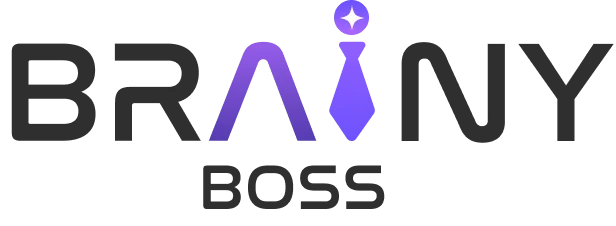How AI Can Benefit in Making HR department Efficient
In the quickly growing world of technology, Artificial Intelligence (AI) has become a key tool in raising the efficiency of Human Resources (HR) departments. This change toward AI use is changing how HR experts approach talent acquisition, employee management next to overall strategies. Here’s how AI is assisting HR become more productive.
Making Recruitment Easier
AI tools, such as voice AI recruiters and AI voice solutions for hiring, are changing how HR departments handle recruitment. These solutions increase the speed and accuracy of matching potential employees with job openings. They cause tasks such as screening resumes and interview scheduling to happen autonomously, thus freeing up valuable time for HR professionals. For example, companies like Unitive and HireVue use AI to assess candidates through video interviews. They look at both the words spoken and the candidates’ tone plus facial expressions. This varied approach can lead to better decisions, assisting businesses in finding the best cultural and skill fit in a reasonable timeframe.
Bettering Potential Employee Experience
AI can greatly enhance the candidate experience by providing them fast and focused interactions. AI chatbots can respond to questions and give updates about the application process in real-time, leading to a more engaged and informed set of candidates. According to a study by Jobvite, 63% of hiring managers said that automated systems have improved candidate communication. This can lead to enhanced brand perception and candidates’ willingness to apply for future openings. This can help grow a company’s talent pool.
Strategies Based on Data
With the ability to analyze large amounts of data, AI assists HR departments in making informed strategies based on predictive analytics and trends. This improves the quality of hires and aids in strategic planning with regard to HR needs. A study by Deloitte showed that groups using predictive analytics in HR saw a 5-10% increase in hiring accuracy. By understanding trends in employee performance and retention, companies can invest in training and development plans that better meet their workforce needs.
Raising Employee Retention
AI tools can assist in predicting employee turnover and provide insights into the factors affecting employee satisfaction and engagement. This lets HR professionals act to address issues and create retention strategies suited to needs. For example, platforms like CultureAmp use AI to analyze employee feedback and engagement metrics to identify potential flight risks within teams. By acting on these insights, HR can implement retention strategies, such as tailored career development plans or improved work-life balance options.
Our Services
Let our AI recruiter do the work while you focus on building your team! We provide
- Full AI recruitment solutions
- Automated candidate screening
- Engagement – Data analysis for key HR decision-making
- Customized AI solutions tailored to your HR needs.
Real-World Examples
Examples from organizations that utilized AI in their HR demonstrate significant gains. To illustrate, Unilever worked with AI platforms to fully transform their hiring process by using AI-led assessments. This resulted in a 16% increase in applicant diversity and a 50% reduction in hiring time. Such gains show the clear benefits AI can offer across various sectors. Another good case is the use of AI tools at IBM, which employed AI to analyze employee data and predict potential job paths for staff. This boosted employee satisfaction and aided in workforce planning, significantly reducing turnover rates.
Conclusion
Adopting AI in HR not only elevates the efficiency of various HR functions but also enhances the strategic impact of HR. As technology evolves, it is vital for HR personnel to leverage AI to stay ahead in talent acquisition. The shift to AI is not just a trend but a transformation that can lead to lasting gains within organizations. It allows HR staff to dedicate more time to essential tasks that foster a more engaged and productive workforce. As we move forward, the use of AI will continue to reshape HR, emphasizing the need for ongoing learning and adaptation in a digital-focused world.
Frequently Asked Questions
Voice AI recruiters make hiring faster by conducting preliminary assessments autonomously, answering questions alongside running processes. This allows HR to focus on more critical tasks.
AI enhances operational efficiency, improves how candidates are matched to jobs, simplifies communication, and provides valuable insights through data analysis.
Yes, AI can help in reducing bias in hiring by employing standardized processes and using data-driven analysis to make fair decisions.

